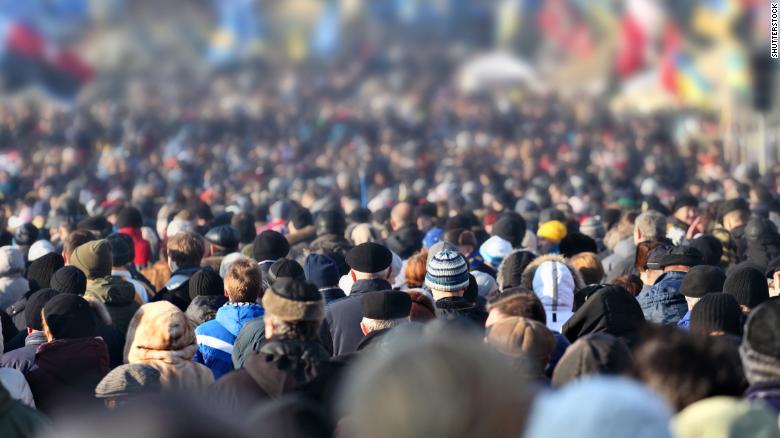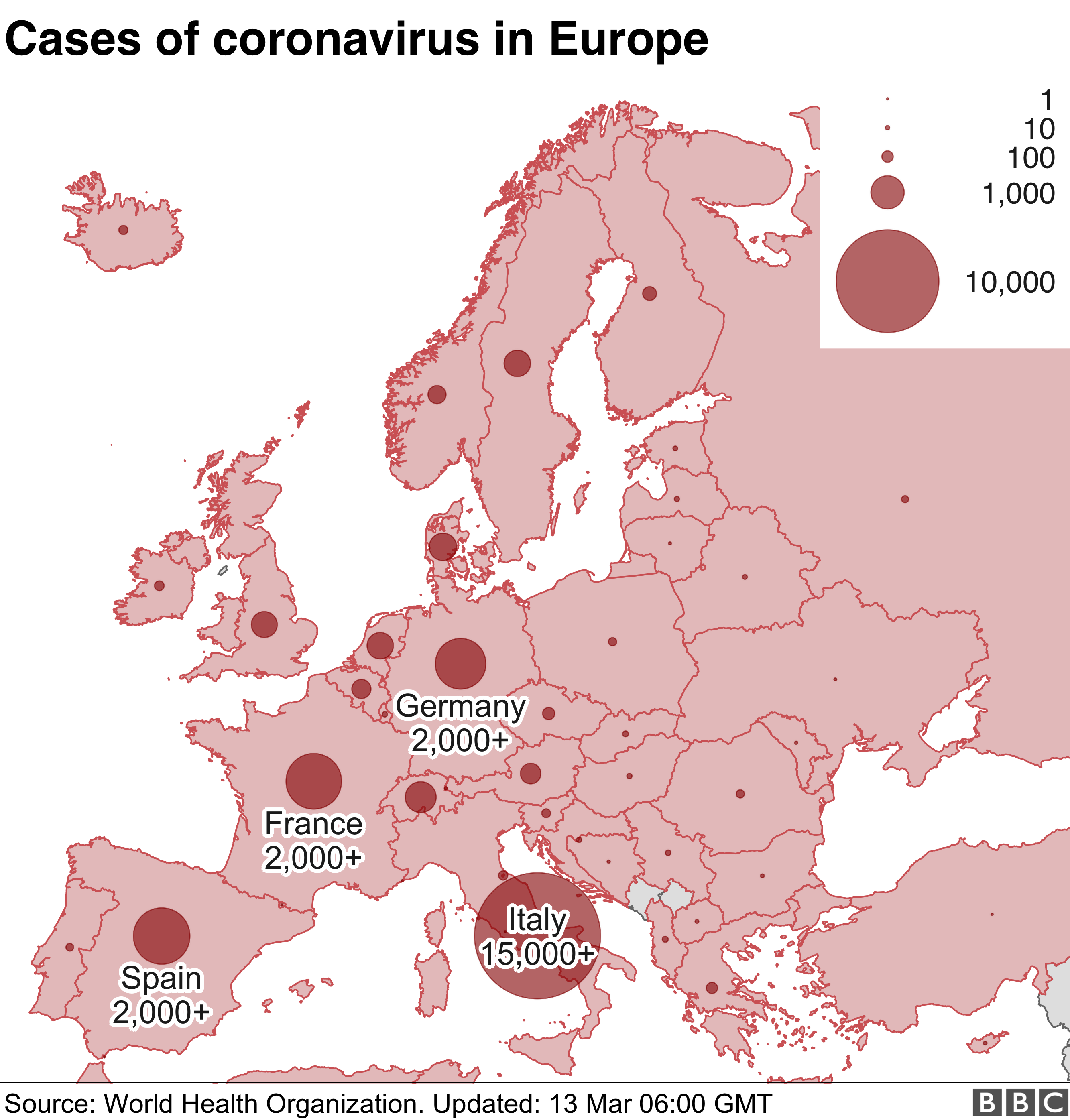Global Pandemic
"There are now more than 118,000 cases in 114 countries, and 4,291 people have lost their lives."
"In the days and weeks ahead, we expect to see the number of coronavirus cases, the number of deaths and the number of affected countries to climb even higher."
"Pandemic [is not a word to be used lightly or carelessly]. It may cause fear."
"We are deeply concerned both by the alarming levels of spread and severity and by the alarming levels of inaction."
WHO director-general Tedros Adhanom Ghebreyesus
"[There is] a strong element of controllability [and] a real chance to blunt the curve ... and reduce the number of cases."
Dr.Mike Ryan, head, emergencies program, World Health Organization
"It is now clear that COVID-19 is going to be with us for a considerable length of time and the actions that we take must be actions that we can live with for a prolonged period."
Mark Woolhouse, professor of infectious disease epidemiology, Edinburgh University, Britain
"[...With enough cases of community spread, where the origin is unclear, the situation becomes one] where you're not going to be able to effectively and efficiently contain it."
"The blended and comprehended approach should continue ... it would be a mistake to abandon the containment strategy."
"We have never before seen a pandemic sparked by a coronavirus. And we have never before seen a pandemic that can be controlled at the same time."
Anthony Fauci, director, National Institute of Allergy and Infectious Diseases, U.S.
 |
The World Health Organization called the COVID-19 viral
disease a pandemic Wednesday. Here, workers in Spain place a medical
mask on a figure that was to be part of the Fallas festival in Valencia.
The festival has been canceled over the coronavirus outbreak.
Alberto Saiz/AP |
According to WHO chief Tedros, countries with only a few cases of the novel coronavirus have the capability to slow down its spread and allow time to focus more closely on mitigation strategies. China was able to bring its outbreak under control and now an atmosphere of normalcy is expected to gradually return. On the other hand, the number of cases outside China have risen 13-fold in the past two weeks, with a tripling of the number of countries seeing infection within their borders.
Iran and Italy have become the worst-affected countries in the Middle East and Europe, with 354 deaths in Iran and 827 in Italy. "Italy and Iran are in the front line and are suffering but other countries will be in that situation very soon", warned the WHO chief. The novel coronavirus, now officially a worldwide pandemic, has demonstrated that it is capable of spreading before symptoms appear. New research affirms that it can continue infecting people for as long as 12 days after an infected person recovers.
All the more reason for affected countries to take aggressive steps in limiting human contact. In the United States the outbreak is expanding and as it does life in America is turning inward.Professional sports leagues have suspended their seasons, Broadway theatres cancelled performances and there are new restrictions on trans-Atlantic airline travel, amid fears of a U.S. recession alongside an increase in the number of people infected where California and New York have announced bans on large gatherings and schools, museums and other public institutions are closing.

In Canada, the prime minister and his wife are in home isolation, when Sophie Gregoire Trudeau was diagnosed with COVID-19 yesterday. Parliament has been dismissed for the next two weeks, an astonishing turn of events when the country's elected lawmakers might be expected to be discussing the situation in the House of Commons of an emerging medical emergency affecting the entire country. The Parliamentarians are expected to involve themselves in constituency work.
Canadian business leaders are anxious that the government avoid overreacting by closing Canada's borders, claiming border agents are capable of ensuring that potential virus carriers can be weeded out of those crossing the border. Their concern is to stop any steps from hindering access to the American market, critical for Canadian business enterprises. "There's a concern we may face whether to the U.S. or elsewhere (of) pandemic protectionism -- people will want to seal off markets (and) use the excuse of the pandemic for doing so", according to Perrin Beatty, president of the Canadian Chamber of Commerce.
A professor of international business and strategy at Drake University in Des Moines, Iowa, Matthew Mitchell likens the U.S. response to the spreading coronavirus and the concerns it raises respecting the potential economic and social fallout to the terrorist attacks of September 11, 2001. "I ran with the bulls 25 years ago, and I think about coronavirus in much the same way as I do the bulls in Pamplona. It's not necessarily the bulls that are going to hurt you. It's the people that get scared and trample everyone else because of the bulls."
Shades of disappearing toilet paper and disinfectants on supermarket shelves....

Labels: Containment, Global Pandemic, Mitigation, Novel Coronavirus, WHO

<< Home